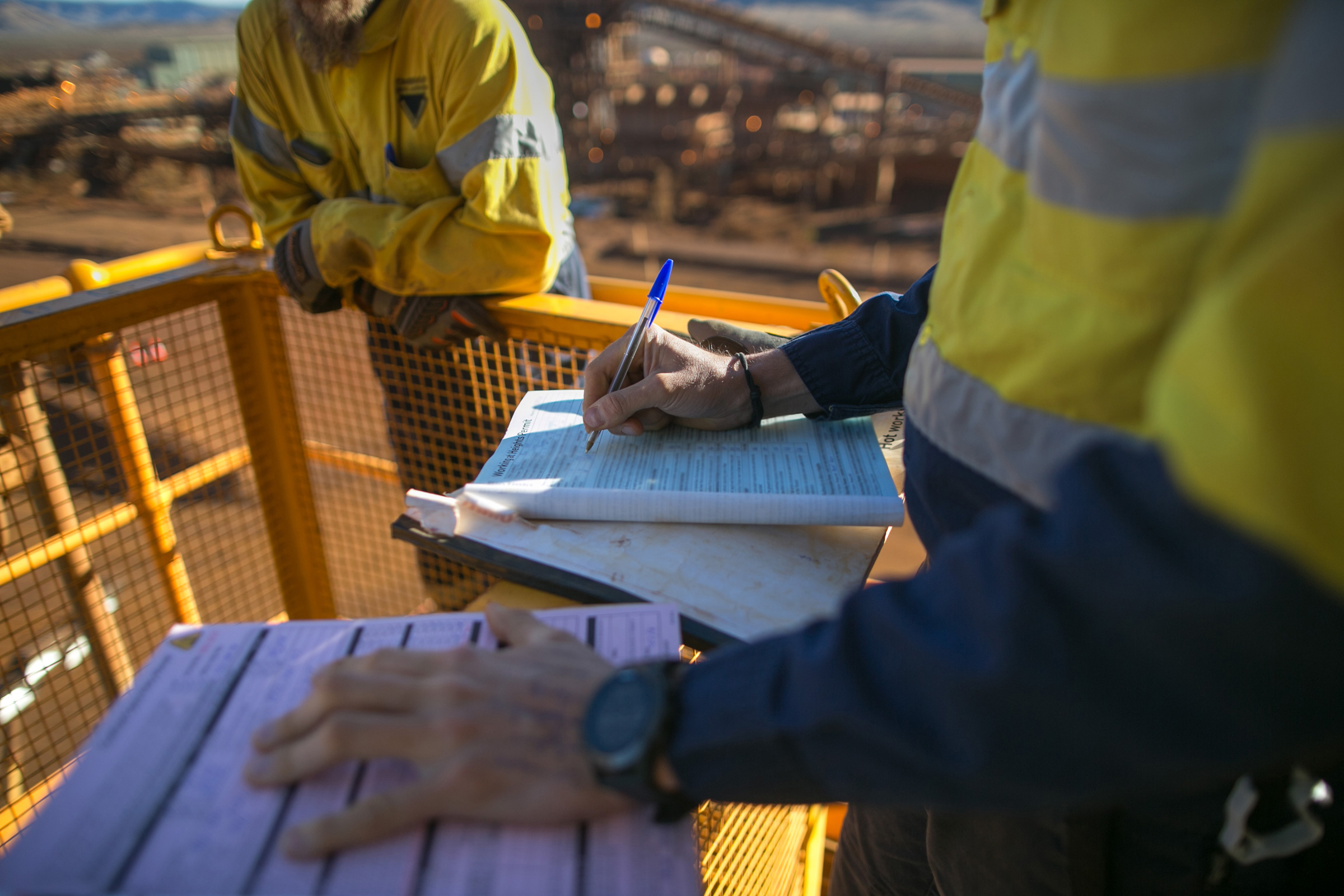Western Australia’s Work, Health, and Safety Regulations 2022 (WHS Regulations) came into full effect on 31 March 2022.
If you’re a business owner, it’s important to understand your obligations to provide a safe and healthy workplace. This includes keeping up with changes to health and safety legislation.
The Department of Mines, Industry Regulation and Safety has introduced new Work Health and Safety (WHS) laws for Western Australia.
All businesses in the mining and mining supply chain sectors need to consider these new WHS laws and how they could impact your business.
1. WHS is the new OSH
The previous laws around occupational safety and health, or ‘OSH’ as many of us know it, have been around for decades. The ‘OSH Act’ was first introduced in 1984 and has been supported by other legislation around specific health and safety measures related to mines and petroleum.
The Work Health and Safety Act 2020 (‘WHS Act’) will replace all of these and bring WA workplaces under a single WHS Act from March 2022.
2. You could be a PCBU
The WHS Act introduces a definition of the ‘person conducting a business or undertaking’ – or PCBU. A PCBU can be:
- a sole trader (for example, a self-employed person)
- each partner within a partnership
- a company
- an unincorporated association
- a government department of public authority (including a municipal council)
If you’re a business owner, you could be a PCBU as an individual. If you run your business as part of a business partnership, you could each be individually and collectively a PCBU. Larger corporations and organisations will have what’s known as officers of the PCBU.
3. The PCBU has the primary duty of care
Under the OSH Act, duty of care was largely based around the employer-employee relationship.
Under the WHS Act, all PCBUs have a primary duty of care to ensure the health and safety of their workers and others who may be affected by the carrying out of work.
This means, where reasonably practicable, if you are the PCBU you would need to take action to eliminate risks to health and safety. If this is not reasonably practicable, you need to make sure those risks are minimised as far as is reasonably practicable.
This includes paying attention to the strategic, structural, policy and key resourcing decisions involved in running your business.
4. Penalties have changed
The WHS Act includes a new offence of industrial manslaughter (s30A). This offence involves substantial penalties for PCBUs in a business where a WHS duty causes the death of an individual, in circumstances where the PCBU knew the conduct could cause death or serious harm.
The WHS Act voids insurance coverage for WHS penalties and imposes penalties for providing or purchasing this insurance.
The new laws also introduce what are known as enforceable undertakings. Here’s an example of how an enforceable undertaking might work:
- If a business operates in a way that commits (or may commit) an offence under the WHS laws (except for industrial manslaughter or a Category 1 offence), they may be able to volunteer to give an enforceable undertaking instead of going through legal proceedings. Giving an enforceable undertaking is not an admission of guilt.
- Their enforceable undertaking is a written commitment to do certain things in an agreed period, and can be accepted or rejected by the Regulator.
- If the undertaking is accepted, the business would complete certain activities which need to be substantial and aim to deliver tangible benefits to the workplace, industry or broader community.
As part of the new laws, there are also reporting requirements for what are known as ‘notifiable incidents’, which includes serious illness, injury or death and dangerous incidents which might happen during the conduct of a business or undertaking.
5. WHS laws will be similar across Australia
The new laws are largely based on the national model WHS Act and regulations used in other states and territories, except Victoria. This means businesses will have similar health and safety obligations and requirements across Australia.
6. Things won’t change overnight
Many businesses will need a bit of time to adapt to the changes. To help support business owners during the change, the WHS Act has transitional arrangements which apply where duties are new or have changed a lot from what they were.
There is also now a two year transition period in place for operators of earthmoving equipment used as a crane who may now require a high-risk work licence as part of the new WHS laws.
The WA Government has also allocated funding for an extra 21 inspectors and six support staff to help improve WHS outcomes.
Reference https://www.smallbusiness.wa.gov.au/blog/7-things-know-about-was-new-work-health-and-safety-laws
